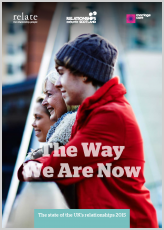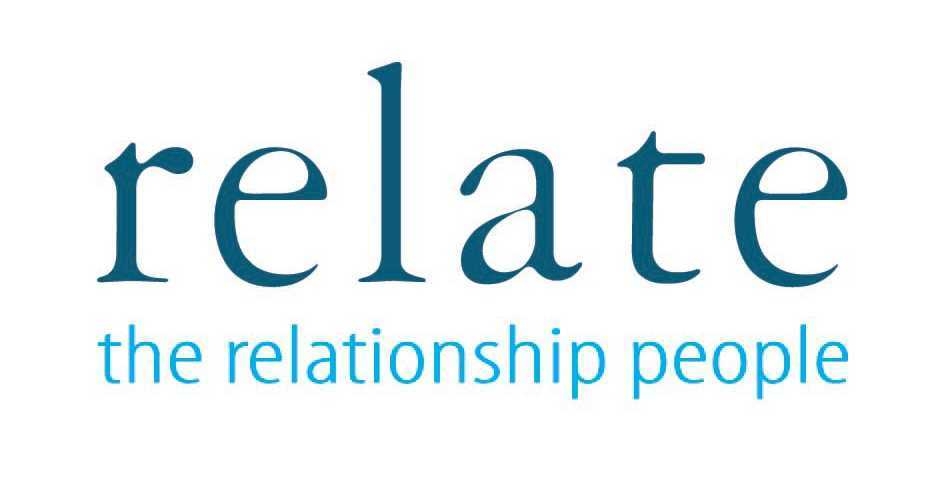Honesty Report

Honesty Report
I was listening to the radio on Wednesday morning and a story that caught my attention was about a report published by Noddle, the credit rating agency. In essence their report is perhaps best described as an honesty report.
The research reveals something that anecdotally, most of us probably know already. The data, when extrapolated suggests that something approaching 1.9million couples keep financial information secret from one another. The suggestion being that this isn’t simply a case of not fully admitting how much was actually spent at the shops, or how much those birthday gifts really cost, but a rather more concerning inability or unwillingness to reveal the degree of personal debt.
The report found that 44% of married couples do not know how much their spouse earned. Relate therapist Arabella Russell and MD of Noddle Jacqueline Dewey briefly discussed some of the issues about couples struggling with honesty about money on the Radio 4 Today programme with Justin Webb. The BBC remove programming after a while, but the link is here.


Over the years I have observed many different approaches that couples take to the subject of money, all have their presumptions and “baggage” and I try to gently discover attitudes towards money, it is, as Arabella Russell outlines, so much more than simply an accounting system, how we think and talk about money connects deeply with how we think of and value ourselves (and others).
Common language
It isn’t quite the case that talking more honestly about money would save marriages, how couples communicate is more complex and frankly the territory of therapists not financial planners. However, it is clear (and obvious) that money is a one of the most significant “stress points” in any relationship. Relate’s own report “The Way We Are Now” found that 61% of adults with children, found that money worries was the greatest strain on their relationship, for those without children the figure reduced to 47%. That said, the report does provide some good news – 87% of people in couples are happy with their relationship.
Speaking Safely
When I meet with couples, it is important that both people are able to express themselves in relation to money and their hopes and fears about the future. I am often told at the end of our meeting that the experience wasn’t what had been expected… despite the website and this blog, most new prospects seem to assume that this is all “marketing” and that in fact I will “revert to type” and just talk about numbers, products and bore them to tears. For many, simply sitting down together with an impartial third (me) who asks pertinent questions about their past, present and future is a rarity. It’s different for each, but it is certainly clear that it is a welcome experience and the opportunity to get some clarity of how things really are.
Of course such a discussion needs to be conducted thoughtfully and sensitively. It isn’t therapy and it isn’t confession, to my mind its a safe space, to clarify… the issues that are raised may or may not be then requiring either therapy or confession, that is naturally dependent completely upon the couple and the information revealed. Of course this is not limited to couples, I would argue that anyone should benefit from “speaking out” what they think, feel and have experienced about money. To my mind self-awareness is vital for any financial planner operating in this way, ensuring that the discussion is about the couple or individual concerned, not their own projections.
Why is it important?
Saving relationships is simply not the domain of a financial planner, however anything that helps improve the lives of our clients – understanding their own truths and being able to reflect back the reality of things is invaluable. We all know that life can be messy, some relationships end, some very painfully, some can be improved… but we can all probably improve how we listen to one another. I have no doubt that having clarity about money (financial planning) will reduce financial stress for everyone, the real question is can you make the time to listen and be heard?
If you or someone you know are seeking therapy or couples counselling, I suggest visiting the websites of the BACP and Relate for couples.
Dominic Thomas
Solomons IFA
You can read more articles about Pensions, Wealth Management, Retirement, Investments, Financial Planning and Estate Planning on my blog which gets updated every week. If you would like to talk to me about your personal wealth planning and how we can make you stay wealthier for longer then please get in touch by calling 08000 736 273 or email info@solomonsifa.co.uk

